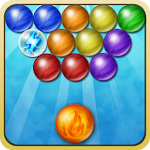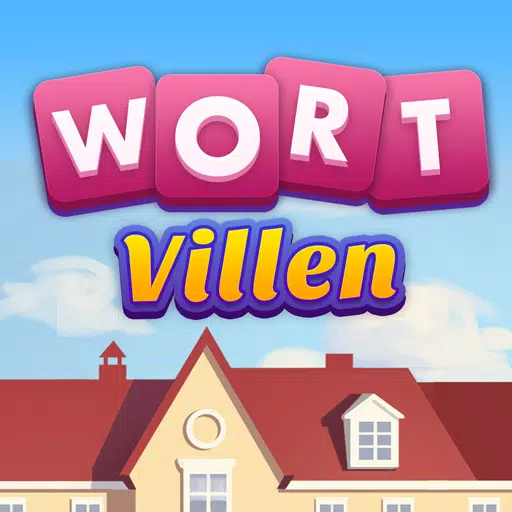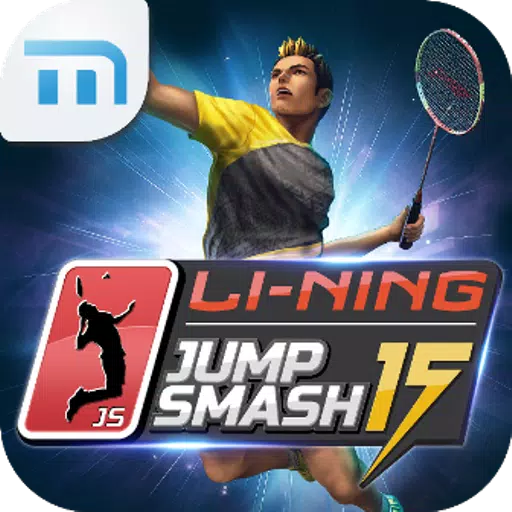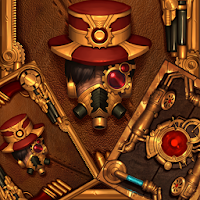2024's Unstoppable Mobile Gaming Revolution
It's year-end, and my Game of the Year is Balatro – a surprising choice, perhaps, but one I'll explain. While not necessarily my favorite, its success highlights important points about game design and reception.
Balatro, a blend of solitaire, poker, and roguelike deckbuilding, swept numerous awards, including Indie and Mobile Game of the Year at The Game Awards and Best Mobile Port and Best Digital Board Game at the Pocket Gamer Awards. This success, however, has been met with some confusion and even anger. The relatively simple visuals have been contrasted with flashier games, leading to bafflement over its widespread acclaim.
I believe this very reaction underscores why it's my GOTY. Before delving into that, here are some honorable mentions:
Honorable Mentions:
- Vampire Survivors' Castlevania expansion: The long-awaited collaboration finally delivers iconic characters.
- Squid Game: Unleashed's free-to-play model: A potentially groundbreaking move by Netflix Games, suggesting a shift in monetization strategies.
- Watch Dogs: Truth's audio adventure release: An unexpected but intriguing choice by Ubisoft, showcasing a different approach to the franchise.
My Balatro Experience:
My experience with Balatro has been mixed. While undeniably engaging, I haven't mastered it. The focus on optimizing deck statistics, which I find frustrating, has prevented me from completing runs. However, it's been worth the money. It's simple, easily accessible, and not overly demanding. While not my perfect time-waster (that title goes to Vampire Survivors), it's a strong contender.
Balatro boasts appealing visuals and smooth gameplay. For a modest price, it offers a captivating roguelike deckbuilder that's easily enjoyed in public. LocalThunk's ability to create such an engaging experience with a simple format is commendable. The calming music and satisfying sound effects contribute to its addictive loop. It's refreshingly honest about its addictive nature, without being overly explicit.
The "It's Just a Game" Reaction:
Balatro's success has been met with skepticism, similar to Astrobot's GOTY win at another awards show. The reaction highlights a common issue: the misunderstanding of Balatro's design.
Balatro is unapologetically "gamey" in its design. It's colorful and engaging but not overly complex or flashy; it lacks a retro aesthetic. It's not a high-tech demonstration, having started as a passion project. Many, both critics and the public, find its success baffling because it's not a flashy gacha, nor does it push technical boundaries. It's simply "a card game."
But it's a well-executed card game, offering a fresh take on the genre. Game quality should be judged on its execution, not solely on visual fidelity or flashy elements.
It's the Gameplay that Matters:
Balatro's success teaches a valuable lesson: a multi-platform game doesn't need to be a massive, cross-platform gacha to succeed. Simplicity and well-executed design can attract players across mobile, console, and PC.
While not a massive financial success, its low development cost likely resulted in significant profit for LocalThunk. It proves that games can be simple, well-designed, and stylistically unique, uniting players across different platforms.

My own struggles with Balatro highlight its versatility. Some players strive for optimization; others, like me, enjoy its relaxed pace.
Ultimately, Balatro's success reinforces a crucial point: you don't need groundbreaking visuals or complex mechanics to create a successful game. Sometimes, simplicity and well-executed design are enough.
Latest Articles















![Roblox Forsaken Characters Tier List [UPDATED] (2025)](https://ima.hhn6.com/uploads/18/17380116246797f3e8a8a39.jpg)















